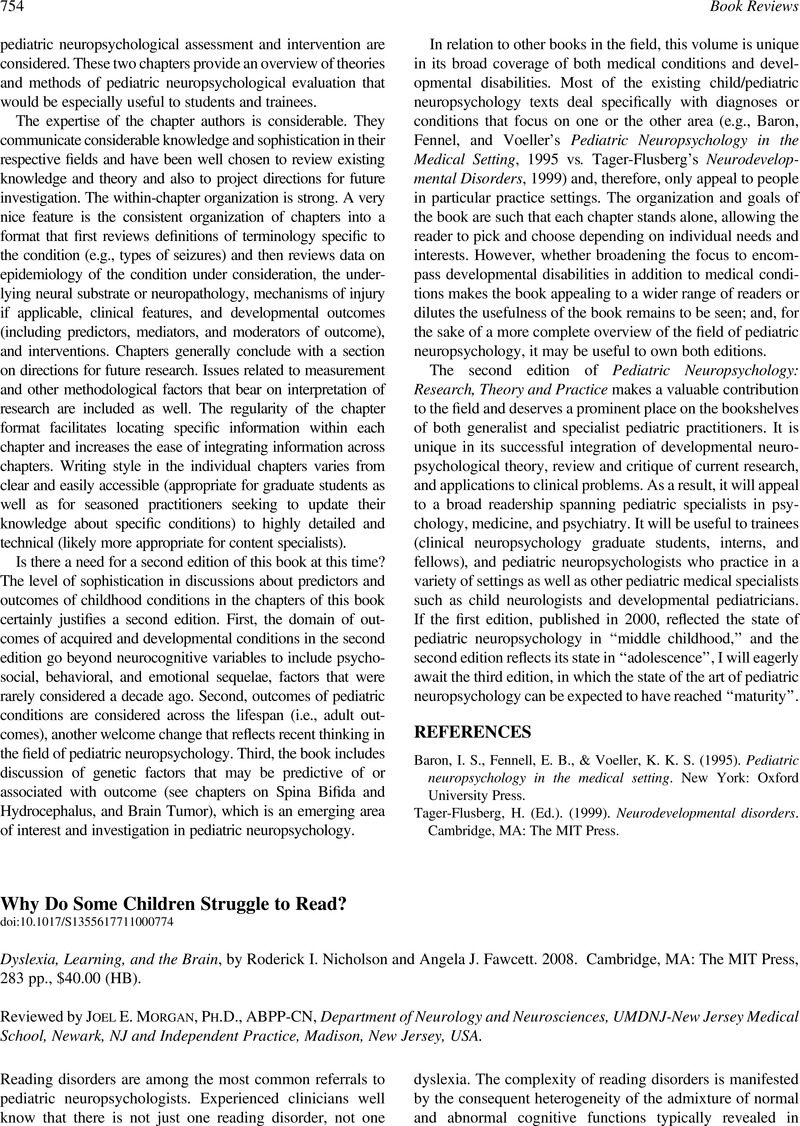Crossref Citations
This article has been cited by the following publications. This list is generated based on data provided by Crossref.
Leslie, Rachel
Brown, Alice
and
Larsen, Ellen
2025.
Parental Allyship for Children With Dyslexia: A Conceptual Lens on Disability Experience.
Learning Disability Quarterly,
Vol. 48,
Issue. 1,
p.
3.



